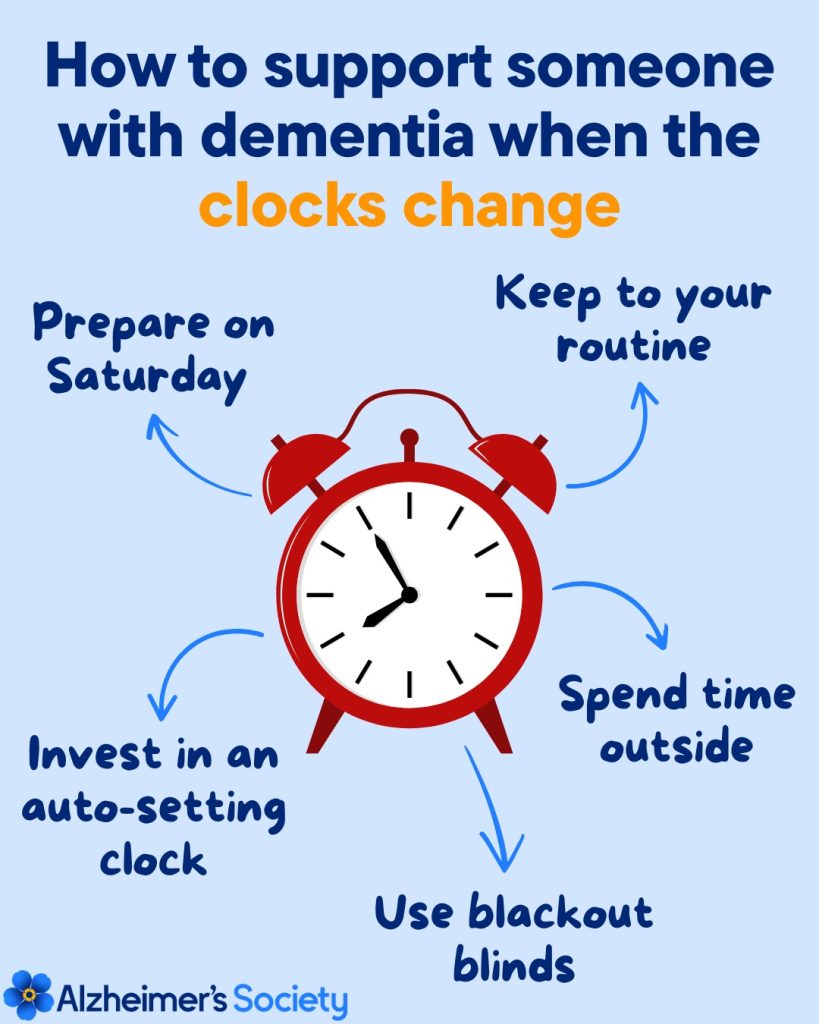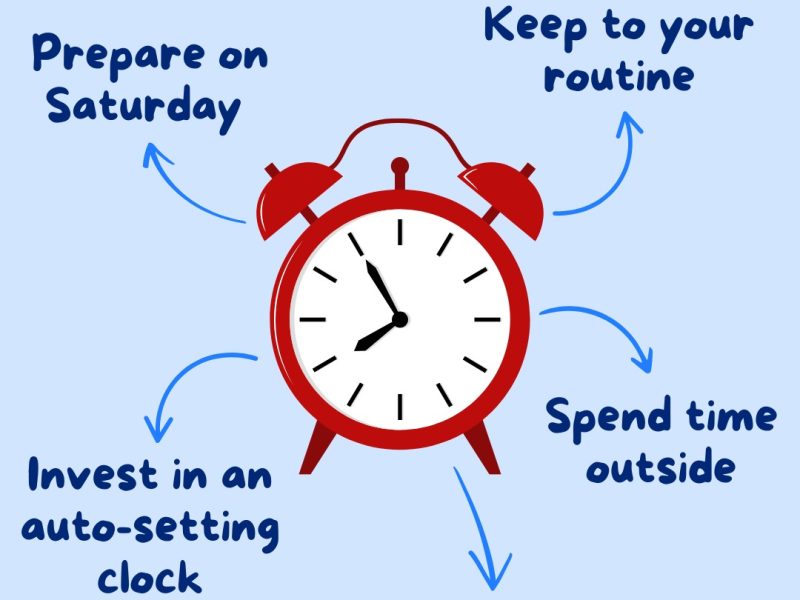As the days grow shorter and colder, Alzheimer’s Society is reminding people in Bradley Stoke, Stoke Gifford and Little Stoke to check in on loved ones, friends and neighbours living with dementia.
Seasonal changes can be unsettling, and colder temperatures may bring extra challenges. People with dementia may not always recognise when they’re cold or be able to communicate discomfort, which makes this time of year particularly difficult.
Angelo Makri, senior knowledge officer for wellbeing at Alzheimer’s Society, shares useful tips to help keep people living with dementia safe and well during autumn and winter.
Cold weather support
Dress warmly – Layers are key. Cotton, wool or fleece materials are best for maintaining body heat.
Keep rooms warm – Use heating, draught-proofing and thermal curtains to maintain a steady temperature.
Encourage movement – Gentle activity such as stretching, walking around the house, or even wiggling toes helps boost circulation.
Make the most of light – Natural light supports mood and helps reduce confusion linked to shorter days. Try to ensure there is enough light in the home especially as it starts getting dark earlier.
Stick to a routine – Consistency and familiarity are important for people with dementia and may help avoid confusion or distress.
Be careful outdoors – Perception issues mean wet or icy pavements may not be easily recognised. Support the person to go outside and go with them if possible.
Eat and drink regularly – Cold weather uses extra energy and dehydration can creep in unnoticed. Warm meals and drinks provide comfort and health benefits.
Get a benefits check – The person may be eligible for winter fuel payments, cold weather payments or a warm home discount.
Fireworks and Bonfire Night – Autumn festivities, such as Bonfire Night, can also present challenges. Loud bangs, flashing lights and crowds may be distressing or confusing for someone with dementia. Alzheimer’s Society suggests:
Preparing in advance – Let the person know fireworks are happening and close curtains to reduce light flashes. Music or television may help block out some of the noise.
Providing reassurance – Stay calm and offer comfort if they feel unsettled. Being engaged in an activity can be a good distraction.
Creating a calm space – Soothing music, a warm drink or a favourite blanket may help reduce anxiety.
Celebrating differently – Watching a firework display on TV can provide enjoyment without the stress. Watching old displays online may help prompt memories of earlier times, such as the Millennium celebrations.

Seasonal activities to spark joy
Autumn and winter can also be rich with opportunities to create positive experiences through the senses. Simple seasonal activities can boost wellbeing, spark memories, and provide comfort:
Bake a seasonal dish – The scent of baking can be soothing and familiar. Preparing a seasonal dish such as apple crumble, mince pies or spiced soup allows your loved one to enjoy the smells of autumn and winter cooking.
Bring nature indoors – Collect autumn leaves, conkers, pinecones or acorns during a walk and bring them home. Touching, smelling and seeing these natural items can stimulate the senses and prompt conversation about past autumns and winters.
Homemade autumn and winter potpourri – Simmer cinnamon sticks, cloves, citrus peelings and apple slices on the hob to fill the home with comforting seasonal aromas. This can create a warm, calming atmosphere which the person may find reassuring.
Support and advice
There are almost one million people living with dementia in the UK today with over 4,300 of those in South Gloucestershire, and winter can be a worrying time for families and carers.
Angelo says: “Knowing how to best support someone with dementia during the colder months, by checking in on them and following these tips, helps to make sure they are comfortable, safe and able to stay as independent as possible. Every action, whether it’s checking in on a neighbour, donating or supporting research, adds up. It will take a society to beat dementia.”
For more information on this topic, visit the website at alzheimersociety.org.uk/joinus or you can call the Dementia Support Line on the following telephone number: 0333 150 3456.


